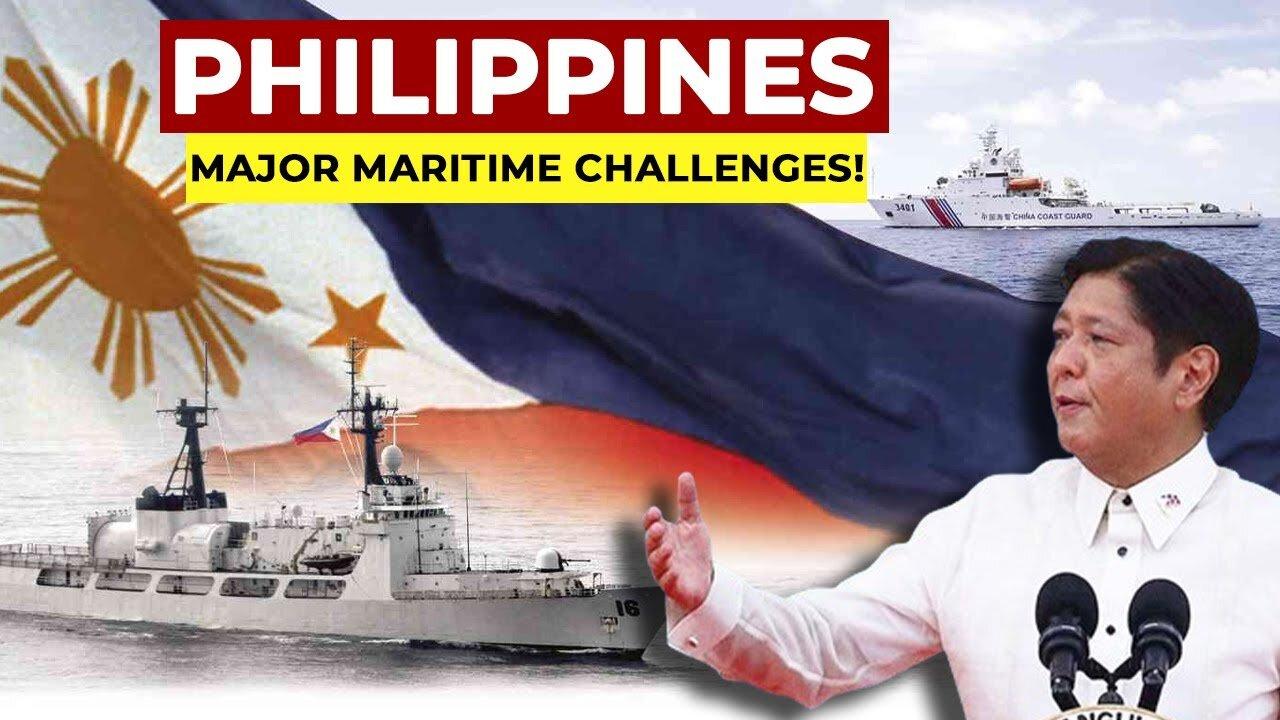
In 2012, China's occupation of Scarborough Shoal marked a turning point for the Philippines, exacerbating challenges in its maritime domain, including illegal fishing, terrorism, piracy, and environmental degradation.
The fragmented maritime governance compounded these issues.
Regionally, conflicting claims in the South China Sea and tensions have garnered international responses.
The Philippines' maritime security policy, outlined in the National Marine Policy of 1994, focuses on safeguarding marine assets, territorial integrity, and peace.
However, there's an evolution in the usage of "maritime security," narrowing down to territorial defense and law enforcement in practice.
Advancing maritime interests requires addressing geopolitical tensions, embracing a blue economy approach, and ensuring effective governance through inter-agency cooperation.
The Philippines Marine Corps, strategically positioned in the Indo-Pacific, plays a vital role in countering potential adversaries, with a historical evolution emphasizing adaptability and resilience.
The Marine Corps comprises regular battalions and specialized units, collaborating with the U.S. for enhanced readiness.
In conclusion, a holistic and forward-looking approach, coupled with international collaboration, is essential for the Philippines to navigate its maritime challenges and ensure a resilient and sustainable future in the Indo-Pacific.
Like, comment, and subscribe for more in-depth coverage of geo-politics.
Watch complete video and do not forget to visit our channel for in depth analysis of issues.
